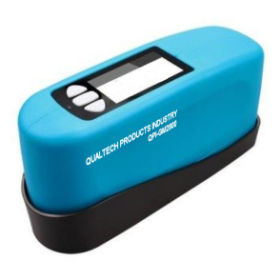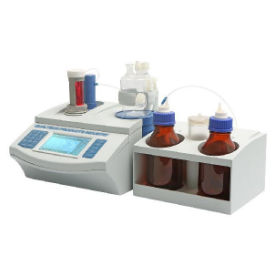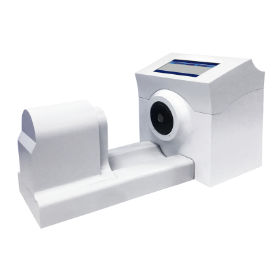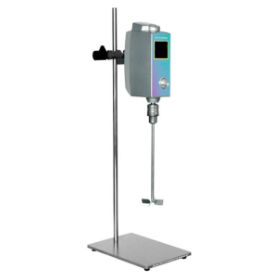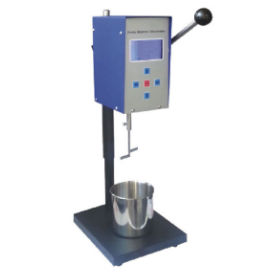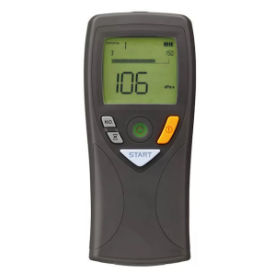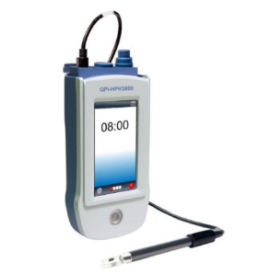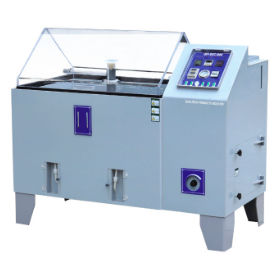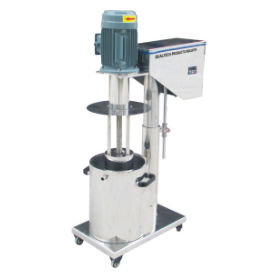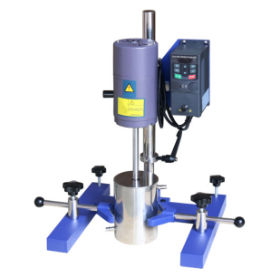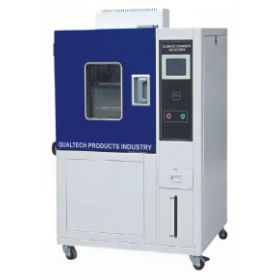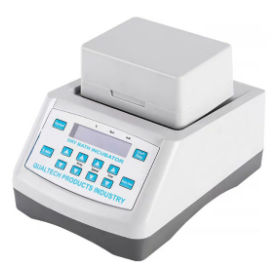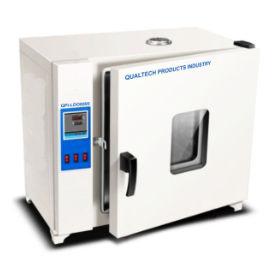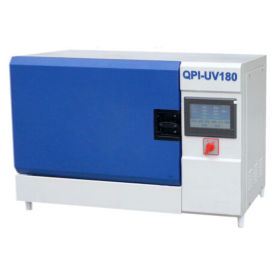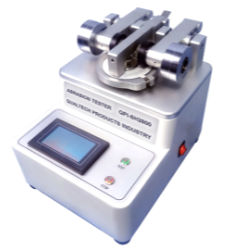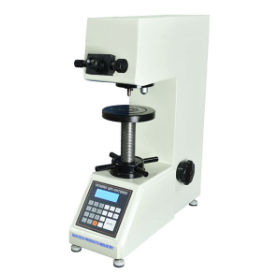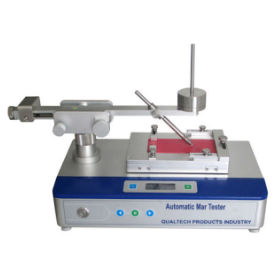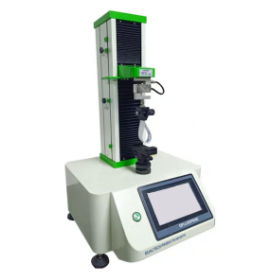
ASTM D1894
Standard Test Method for Static and Kinetic Coefficients of Friction of Plastic Film and Sheeting
ASTM D1894 is a standard test method used to determine the static (µs) and kinetic (µk) coefficients of friction of plastic film and sheeting. These coefficients are important for understanding the slip properties of plastic films, which are of wide interest in packaging applications. The test results can be used for quality control purposes in film production and for predicting the performance of films in various applications.
Scope
This test method covers the determination of the coefficients of starting and sliding friction of plastic film and sheeting when sliding over itself or over other substances at specified test conditions. The procedure permits the use of a stationary sled with a moving plane, or a moving sled with a stationary plane. Both procedures yield the same coefficients of friction values for a given sample.
Apparatus
The apparatus for ASTM D1894 consists of the following:
A test frame with a crosshead speed of 150 mm/min (5.9 in/min)
A sled with a smooth, flat surface
A plane with a smooth, flat surface
A weight to provide the desired normal force
A load cell to measure the friction force
Procedure
The test procedure is as follows:
Clean the sled and plane surfaces.
Secure the film specimen to the sled.
Place the sled on the plane and apply the desired normal force.
Start the crosshead and record the initial peak force for static friction.
Record the average force during sliding motion over 127 mm (5 in) of travel for kinetic friction.
Calculations
The static coefficient of friction (µs) is calculated as follows:
µs = Fs / N
Fs is the initial peak force for static friction (N)
N is the normal force (N)
The kinetic coefficient of friction (µk) is calculated as follows:
µk = Fk / N
Fk is the average force during sliding motion for kinetic friction (N)
N is the normal force (N)
Report
The test report should include the following information:
Sample identification
Test conditions (speed, normal force)
Static coefficient of friction (µs)
Kinetic coefficient of friction (µk)
Präzision
The precision of ASTM D1894 is as follows:
The repeatability (within-laboratory precision) is ±0.10 for both µs and µk.
The reproducibility (between-laboratory precision) is ±0.15 for both µs and µk.
Alle unsere Prüfinstrumente und Prüfgeräte und Produktionsmaschinen werden in Übereinstimmung mit anerkannten internationalen Prüfnormen wie ASTM, AATCC, CIE, DIN EN ISO, MIL, Ford, Renault, AS NZS, TAPPI und vielen mehr konstruiert und konstruiert.
Alle unsere Produkte werden sorgfältig kalibriert, um die erwartete hohe Genauigkeit Ihrer Forschung und Ihrer Qualitätsmanagementphasen und Stichprobentests sicherzustellen.
Darüber hinaus sind wir immer hier, um Sie mit zusätzlichen Kalibrierdiensten in unseren Kalibrierzentren zu unterstützen.
Die Unterstützung
Kundenservice in allen Phasen und Loyalität gegenüber unseren Kunden, professioneller Service und die Lieferung von Produkten, Instrumenten und Maschinen von bester Qualität sind vier unserer obersten Prioritäten, um sicherzustellen, dass Sie und Ihre Expertenteams von der zuverlässigen Qualität unserer Produkte begeistert und zufrieden sein werden. Instrumente und Maschinen. Qualtech Products Industry hat ein Qualitätssystem entwickelt und eingeführt und ist nach ISO 9001:2000 zertifiziert. Wir verpflichten uns, Qualitätsverbesserungen in allen unseren Forschungs- und Produktionsprozessen zu bewerten und umzusetzen, indem wir sicherstellen, dass „Qualität an Ihr Unternehmen geliefert wird“. Bitte fragen Sie unsere freundlichen Teams nach Unterstützung, weiteren Informationen, Details und verfügbaren Dienstleistungen, die sich engagieren, um Ihnen als unserem wichtigen Kunden echte Werte zu bieten.

















